Good morning. I’m back from a bit of a hiatus, with most of a big project wrapped up. (More on that in a couple of weeks.) Thanks again to my colleagues who carried this newsletter in the meantime.
January 6 Committee Makes Case Against Trump
The select committee investigating the January 6 attack on the Capitol held its first hearing to present its findings Thursday night, and the panel’s message was clear: Former President Donald Trump was responsible for the events of that day, and he actively pushed back on efforts to respond to the attack.
Trump “summoned the mob, assembled the mob, and lit the flame of this attack,” committee vice chair Rep. Liz Cheney summarized in her opening statement.
”Tonight and in the weeks to come, you will see evidence of what motivated this violence, including directly from those who participated in this attack,” Cheney said. “You will see video of them explaining what caused them to do it. You will see their posts on social media. We will show you what they have said in federal court. On this point, there is no room for debate. Those who invaded our Capitol and battled law enforcement for hours were motivated by what President Trump had told them: that the election was stolen, and that he was the rightful president.”
Members of the committee led with testimony from top Trump officials and his daughter, Ivanka Trump, about Trump’s false claims of mass election fraud.
“I made it clear that I did not agree with the idea of saying the election was stolen and putting out this stuff, which I told the president was bullshit,” said former Attorney General William Barr.
“I didn’t want to be a part of it,” he told the panel in an earlier deposition. The committee aired video of interviews with witnesses, including Barr, Ivanka, and Marc Short, former Vice President Mike Pence’s chief of staff.
Cheney said the panel learned that Trump suggested on January 6, when he found out the crowd was chanting “hang Mike Pence” outside the Capitol, that the mob had the right idea; maybe Pence deserved it. He also resisted attempts by White House aides and House GOP Leader Kevin McCarthy to convince him to release a stronger statement calling on his supporters to leave the Capitol.
Even more damning: “Not only did President Trump refuse to tell the mob to leave the Capitol, he placed no call to any element of the U.S. government to instruct that the Capitol be defended,” Cheney said.
“He did not call his Secretary of Defense on January 6. He did not talk to his attorney general. He did not talk to the Department of Homeland Security. President Trump gave no order to deploy the National Guard that day, and he made no effort to work with the Department of Justice to coordinate and deploy law enforcement assets. But Vice President Pence did each of those things.”
Video testimony from General Mark Milley, chairman of the Joint Chiefs of Staff, shed light on his conversations with Pence. Milley said he participated in two or three calls with Pence, during which Pence gave “very explicit, very direct, unambiguous orders” to respond with the National Guard.
The hearing also included new footage of the attack, a painful reminder of just how violent and chaotic that day was.
Members of the committee heard testimony in the room from Caroline Edwards, a Capitol Police officer who responded to the rioters that day. She described the environment outside the building as a war scene.
“I was slipping in people’s blood,” Edwards said.
Price has a piece on the site today with more about the hearing. He writes about the upcoming committee schedule:
The second hearing will demonstrate that Trump and his advisers knew that he had lost the election but nevertheless intentionally promoted falsehoods about election fraud, Cheney said: “This misinformation campaign provoked the violence on January 6.”
The third hearing will focus on Trump’s ultimately unsuccessful attempts to replace former acting Attorney General Jeffrey Rosen and other Justice Department officials after they refused to affirm his false election fraud allegations. In particular, Trump wanted to replace Rosen with another Justice Department lawyer, Jeff Clark, who drafted a letter purporting that the DOJ had “identified significant concerns that may have impacted the outcome of the election[s]” in six states.
The fourth hearing will explore “President Trump’s efforts to pressure Pence to refuse to count electoral votes on January 6.” Conservative former judge Michael Luttig, who was consulted by Pence’s staff in the days leading up to January 6, will testify at this hearing.
The fifth hearing will focus on Trump’s pressure on state officials and state legislatures, including plots to “rescind certified electoral slates” and send alternate “intentionally false electoral slates” in their place.
In the final two hearings, Cheney said Americans would “hear how President Trump summoned a violent mob and directed them, illegally, to march on the U.S. Capitol.”
The full hearing is available to watch here.
Gun Policy Talks Continue
Audrey has a story out today taking a look at the latest in gun control talks on Capitol Hill.
She writes any bill to emerge from the Senate talks is expected to be modest, given GOP opposition to most gun control measures. The bipartisan negotiating group also hasn’t landed on a concrete plan yet.
“We were briefed at a 35,000 foot level during lunch today about what the group is talking about,” GOP Sen. John Kennedy of Louisiana told The Dispatch Tuesday afternoon. “They’re not anywhere close to having a bill.”
The House, meanwhile, approved two gun policy bills this week aimed at preventing mass shootings. Those are not expected to advance in the Senate. Read more here.
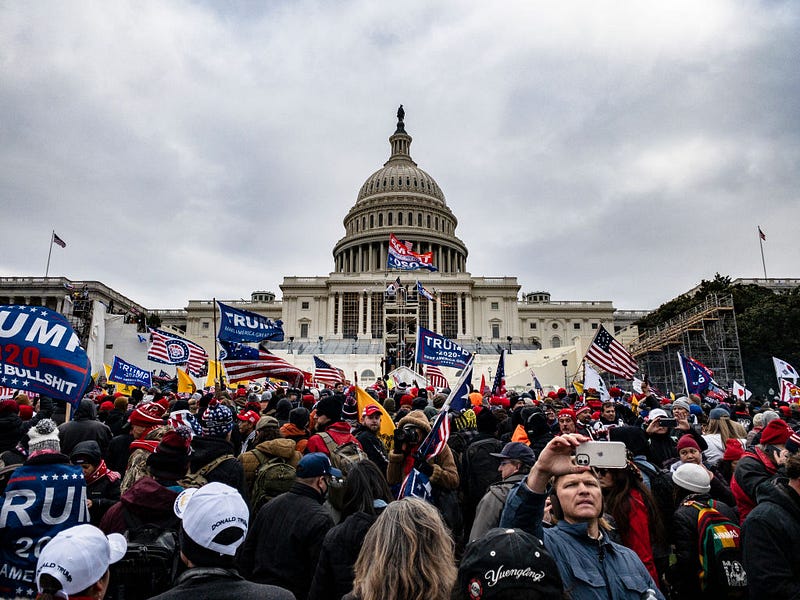



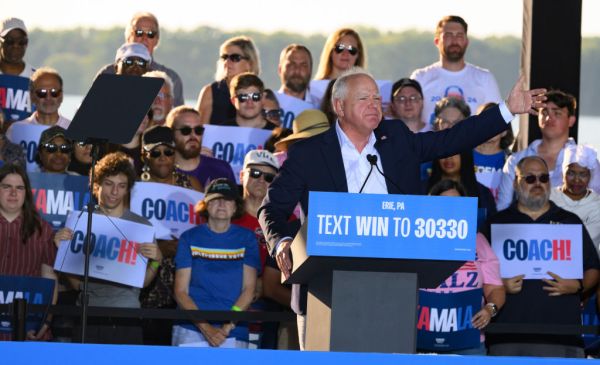
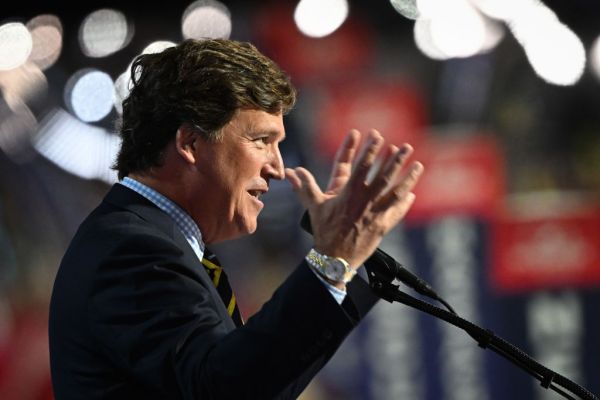
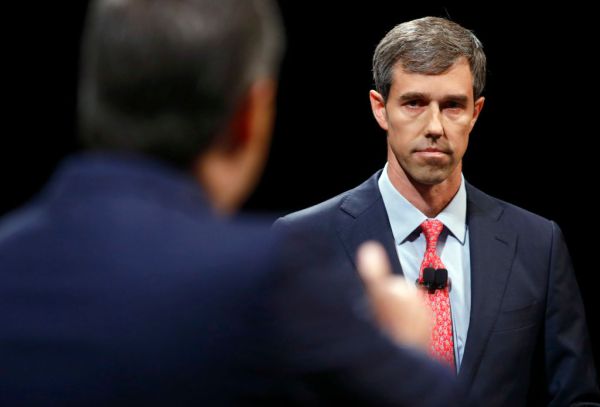
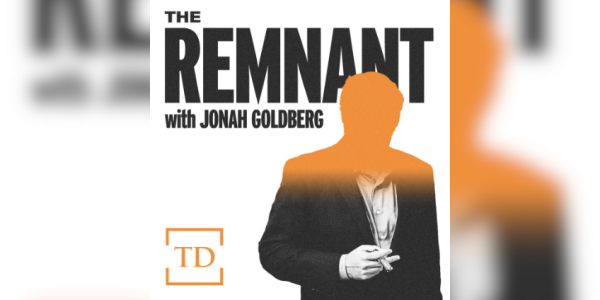
Please note that we at The Dispatch hold ourselves, our work, and our commenters to a higher standard than other places on the internet. We welcome comments that foster genuine debate or discussion—including comments critical of us or our work—but responses that include ad hominem attacks on fellow Dispatch members or are intended to stoke fear and anger may be moderated.